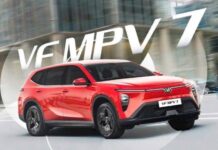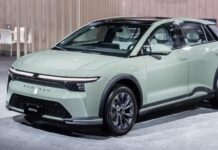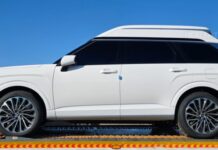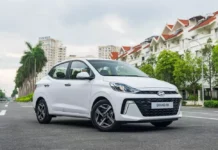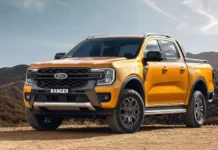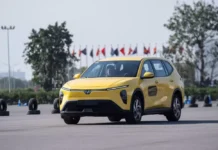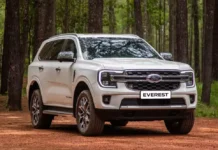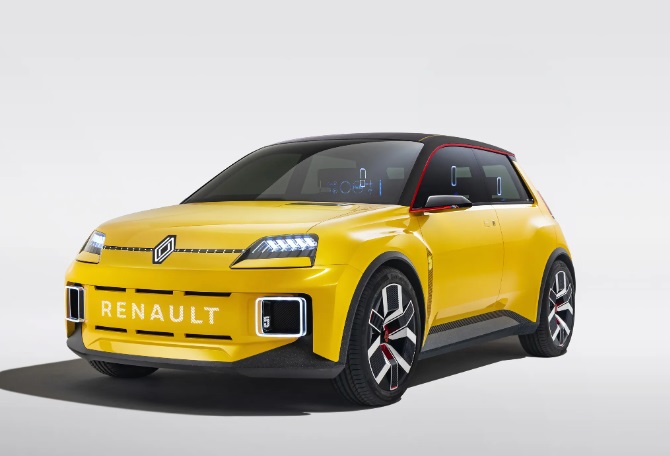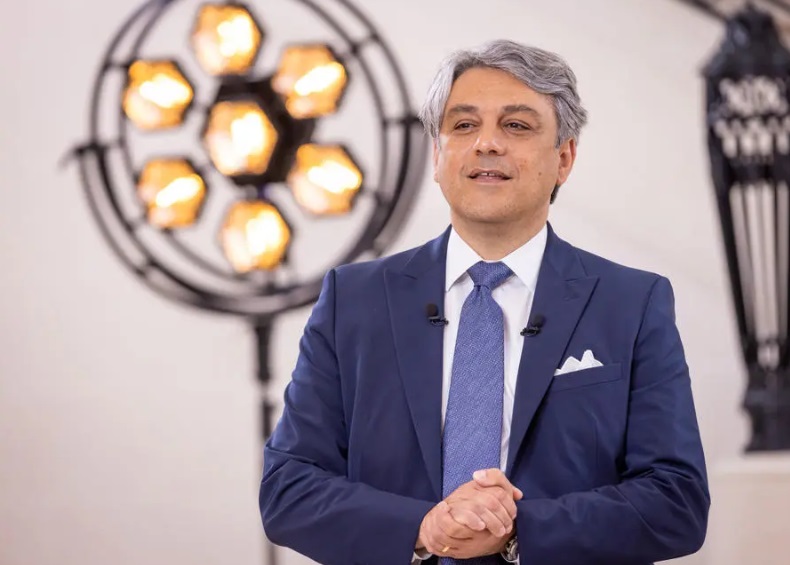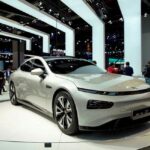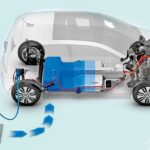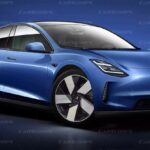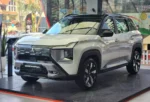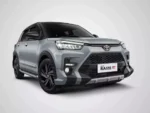Chinese car manufacturers are increasingly ramping up production and distribution of vehicles in Europe, posing a challenge for domestic automakers to find ways to compete.
Recently, Renault CEO Luca de Meo called on European automakers to unite and form an Airbus-like consortium to produce affordable electric vehicles to enhance competitiveness against imported Chinese electric cars.
In 2000, Airbus was established as a joint venture between European aerospace companies. The joint venture was government-supported to compete against companies like Boeing of the United States.
The CEO of Renault argues that an “auto Airbus” would help share the enormous cost of manufacturing cheap electric vehicles while benefiting from a larger scale.
Interest in broader cost-sharing has increased, particularly towards the end of last year when Renault presented the idea of developing an electric car for urban areas priced below 20,000 euros ($23,700).
However, European automakers are facing several challenges in establishing a European supply chain that includes batteries, motors, and electronics, as their Chinese counterparts have done.
In addition, shortening production time has also created pressure. Recently, Renault has reduced the development time for electric vehicles from 4 years to 3 years for the Renault 5 model, and the development time for the Twingo model is expected to be around 2 years.
Moreover, the governments of European countries need to allow the use of small-sized cars in urban areas and provide tax incentives to businesses to encourage people to use domestic electric vehicles. Only then can European automakers compete and narrow the gap with Chinese low-cost electric car brands.
TH (Tuoitrethudo)

